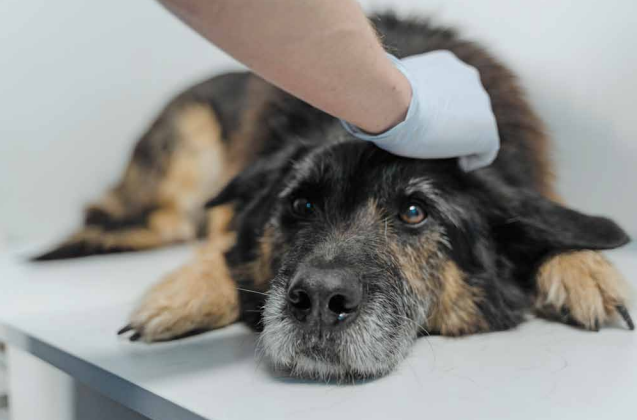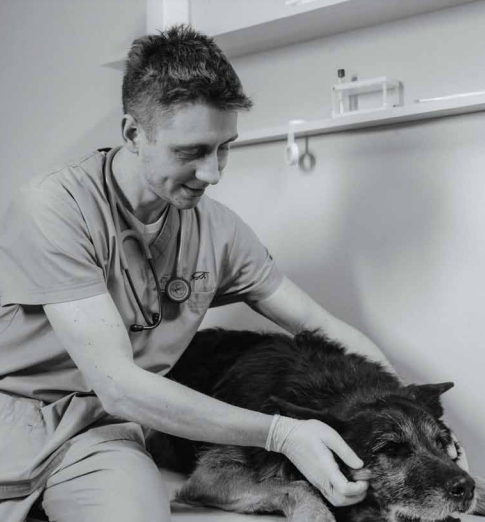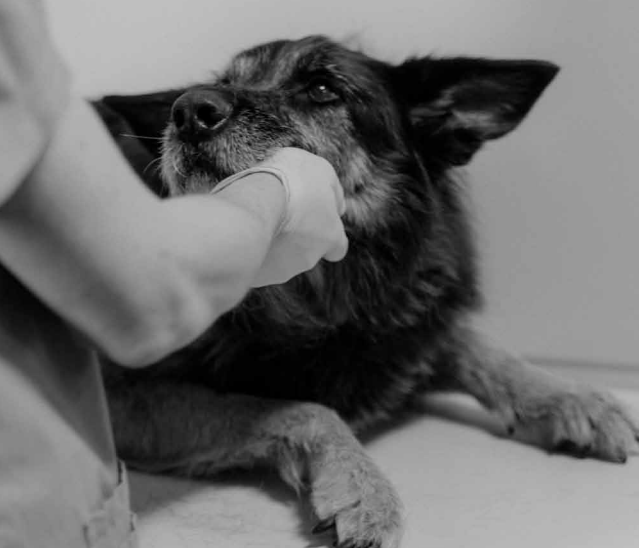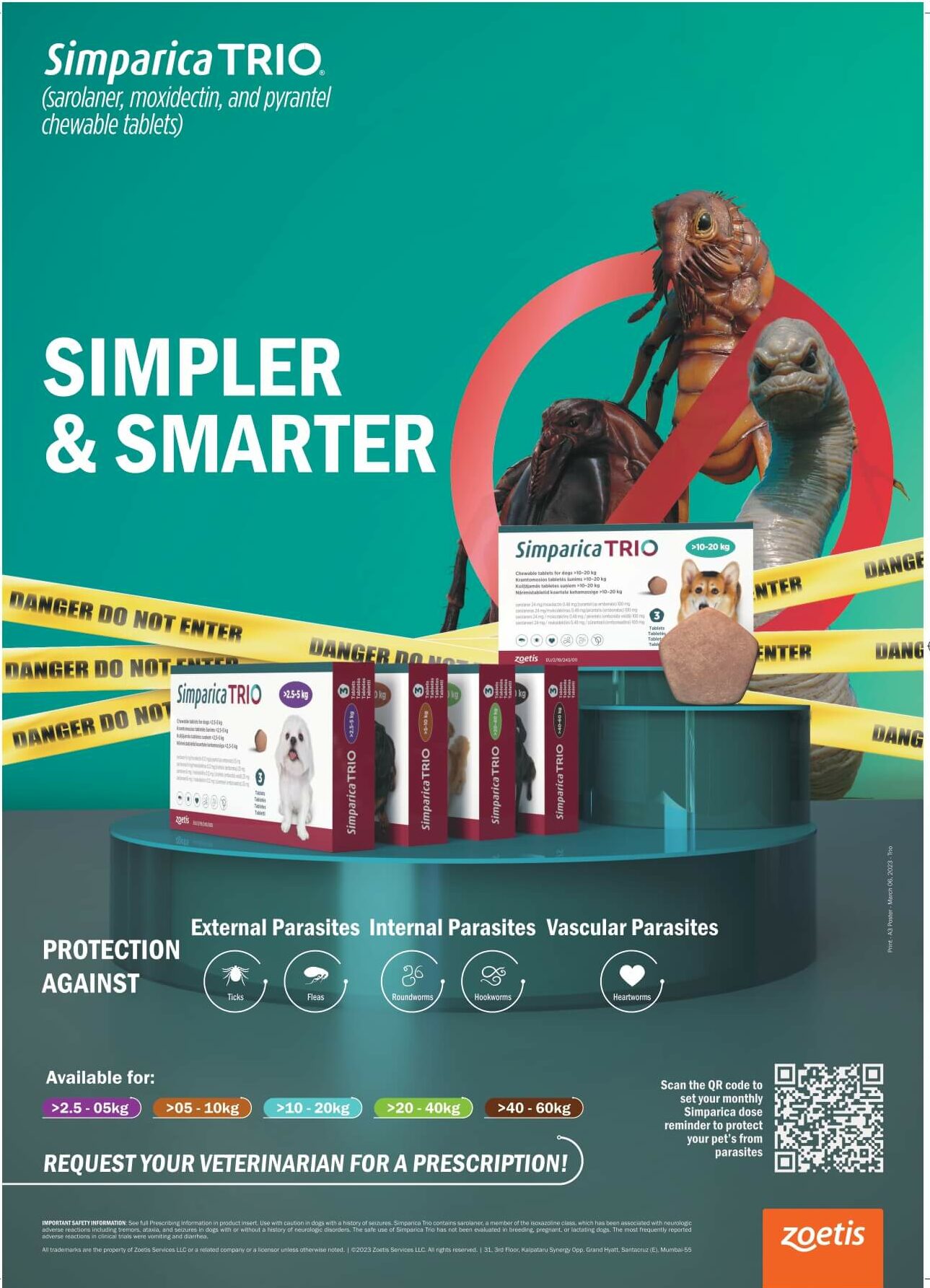
It’s often difficult to pinpoint the exact cause, but severe cases can lead to dehydration, organ damage, diabetes, insufficient enzyme production, and even death of pets
TEXT: Yung-Tsun Lo, D.V.M., Ph.D, Bioguard Corporation
The pancreas is a gland within the abdomen located along the stomach and the first part of the small intestine. It has many functions, including the production and secretion of digestive enzymes (exocrine) and the production of insulin (endocrine). Digestive enzymes are important for breaking down dietary fats, proteins, and carbohydrates, while insulin aids in the control of the metabolism and blood-sugar levels.
What is pancreatitis?
Pancreatitis is an inflammatory reaction of the pancreas that can make pets extremely ill. Normally, pancreatic enzymes are produced in an inactive state and travel through the pancreatic duct to the intestine. Once they reach the small intestine, they are activated to begin digestion. During inflammation of the pancreas, these enzymes are activated prematurely in the pancreas and cause pain and swelling as the pancreas actually begins to digest itself. Pancreatitis can lead to dehydration, organ damage, diabetes, insufficient enzyme production, and even death of pets.
Are there different types of pancreatitis?
Pancreatitis may be acute or chronic. Acute pancreatitis occurs suddenly, with no previous appearance of the condition before. It can become life threatening if the inflammation spreads to other organs. Chronic pancreatitis happens when inflammation in the pancreas persists over a longer period of time. This condition can result from recurrent acute pancreatitis. These two forms of pancreatitis may be clinically indistinguishable, although clinical signs in acute pancreatitis are usually more severe than those in chronic pancreatitis.
What causes pancreatitis?
The cause of pancreatitis is usually unknown, but some factors have been associated with pancreatitis:
- High fat diets /Obesity /Cancer
- Inflammation of the liver, stomach, or small intestine
- Hyperlipidemia
- High blood calcium levels
- Endocrine disease (diabetes mellitus, hyperadrenocorticism, hypothyroidism)
- Certain medications or other toxins
- Obstruction of the pancreatic outflow tract
- May develop after abdominal trauma or surgery
- Most common in middle-aged to older dogs
- Breed (miniature schnauzers, poodles, cocker spaniels, and yorkshire terriers)


What are the clinical signs of pancreatitis?
The most common clinical signs include:
- Weakness
- Vomit
- Fever
- Abdominal pain
- Diarrhea
- Decreased appetite
How is pancreatitis diagnosed?
Pancreatitis is usually suspected based on a dog’s clinical signs and history, but a more definitive diagnosis is achieved through blood tests and abdominal ultrasound. Diagnostics that may be recommended include:
- Physical exam
- History
- Radiographs: While these images usually cannot establish the diagnosis of pancreatitis, they may be required to rule out other diseases.
- Routine blood tests and biochemical profile: They are helpful in ruling out other diseases.
- Specialized test
- Canine pancreas-specific lipase test (cPL): The cPL test is a highly accurate test in diagnosing pancreatitis, but the presence of an abnormal cPL test does not definitely rule in pancreatitis as the sole cause of the clinical signs.
- An abdominal ultrasound to confirm inflammation of the pancreas.
Consequently, the diagnosis of pancreatitis may be tentative or presumptive in some cases and based solely on clinical signs and medical history.
How is pancreatitis treated?
The successful management of pancreatitis will depend on early diagnosis and prompt medical therapy. In some cases, surgery may be required to remove cysts, abscesses, tumors, or dead tissue from the pancreas or to unblock a bile duct. Any or all of the following treatment may be prescribed:
- Supportive therapy in very mild cases
- Hospitalisation at the veterinary clinic and in more severe cases 24-hour intensive care and monitoring
- Intravenous fluid therapy to correct hydration, electrolytes and acid-base disturbances
- Anti-vomiting, anti-diarrhoea drugs for recovery
- Pain medication for abdominal pain
- Antibiotics for concurrent infection
- Anti-inflammatory medication, such as steroids for severe cases when dogs are in shock
- A low-fat diet during recovery to decrease the chance of recurrence.
What is the prognosis of pancreatitis?
The prognosis depends on the severity of the disease, the degree of pancreatic tissue damage, the duration of illness, and the presence of concurrent disease when diagnosed. Dogs that present with shock and depression have a very guarded prognosis. Most of the mild forms of pancreatitis have a good prognosis with aggressive treatment. Ultimately, the earlier the diagnosis and treatment, the better the outcome.
How can pancreatitis in dogs be avoided?
Sometimes dogs develop pancreatitis and we just don’t know why, but the following steps will help reduce the risk of dogs developing pancreatitis, including:
- Avoid high-fat diets.
- Avoid giving your dog table scraps, or other fatty foods.
- Don’t let your dog become overweight.
- Don’t let your dog have access to garbage. If your dog exhibits any signs that are consistent with pancreatitis, call your veterinarian immediately. They are your best resource to ensure the health and well-being of your pets.










 " >
" >
 " >
" >